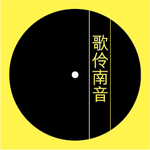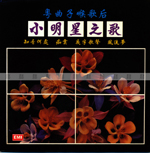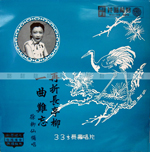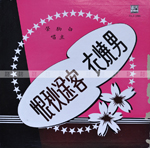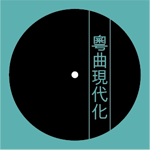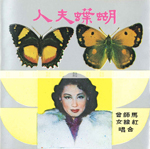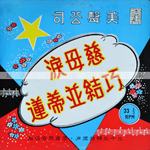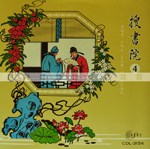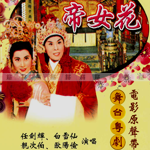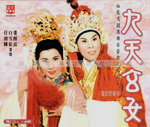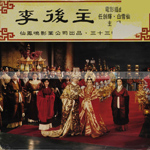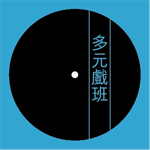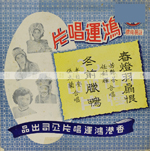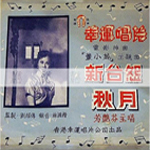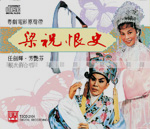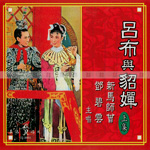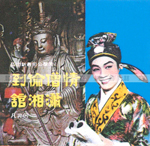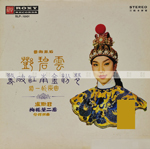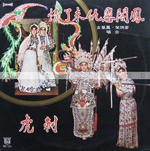Since the early twentieth century, Hong Kong has always been an important venue for Cantonese opera development. After 1949, as a result of political turmoil in the Mainland, performers and troupes converged and resettled in the territory, leading to a tremendous prospering of Cantonese opera in the subsequent decade. This development is linked intimately with the rise of the electronic media.
Performers and troupes began to grasp the possibilities offered by film and radio to re-examine age-old performance practices with regard to acting, singing, script writing, instrumentation, and stage set-up. They brought in novel elements from the theatre and movie world, and participated in the production of films and records. With these acts, they are extending the movement to modernize Cantonese opera that began in the 1930s.
Wong Jum-sum was thoroughly immersed in the world of Cantonese opera from young. Through his close encounter with master performers like Hung Sin-nui, Ma Si-tsang, Yam Kim-fai, Pak Suet-sin and Tong Dik-sang, he witnessed first hand the modernization of Cantonese opera, and was mightily moved by the adventure and passion he saw.
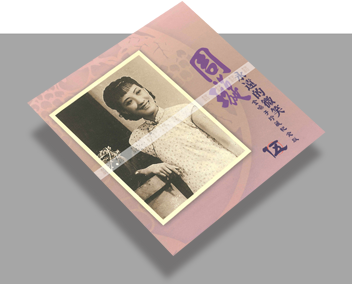

作曲:侯湘(李厚襄)
作詞:陶秦
主唱:周璇
雲破日出滿呀滿山紅
遍野歌聲歌彩虹
美麗的彩虹高掛天空
紅黃相連青紫相融
你使山更青水更綠
滿地的花兒更鮮紅
光明的彩虹來去多匆匆
你蘇醒多少人的迷夢
今朝相別後來日再相逢
讓我們把希望寄給彩虹
助我們成功 助我們成功
等那時雲破日出 滿呀滿山紅
